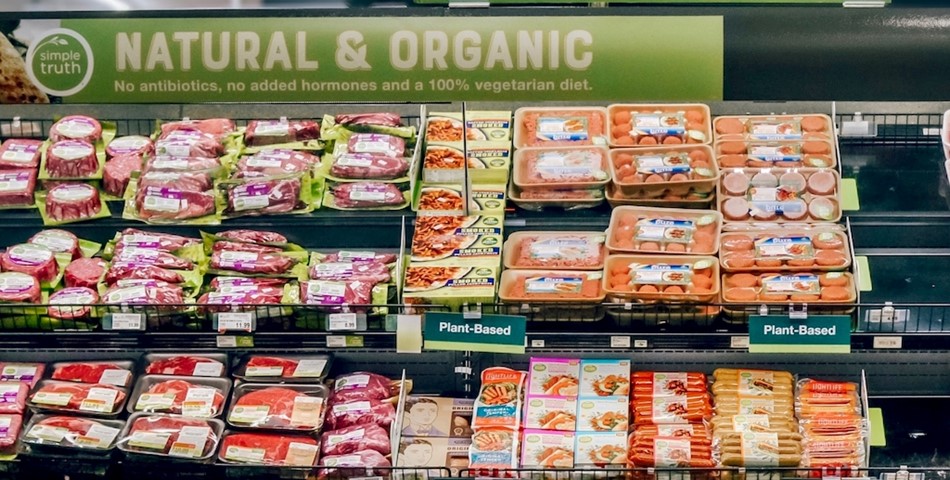While the plant-based industry has experienced extraordinary growth that shows little signs of any slowing down, legal issues could soon pose an obstacle. The warning from law experts, made during a recent talk at SupplySide West in Las Vegas, pointed to the lack of federal-level plant-based definitions and standards as a “source of litigation”.
Driven by rising health and sustainability concerns, the plant-based industry has undergone significant growth over recent years. The pandemic has only accelerated the trend, with US retail sales of vegan food doubling to $7 billion in 2020 and around 50% of food delivery orders on major platforms now containing plant-based meat and dairy alternatives.
But one obstacle to the unparalleled growth of the plant-based industry is the lack of clear standards over definitions and labelling, warn legal experts at a recent conference. At SupplySide West 2021, the leading annual health and nutrition event that took place in late October, speakers dived into the potential problems the vegan food industry could face in the future.
Lack of standards as a ‘source of ligitation’
Speaking during one presentation, Shahin O. Rothermel, counsel for Washington-based law firm Venable LPP, shared more about how legal problems could arise from the absence of federal definitions of what “plant-based” means and what constitutes plant-based products.
“Whenever there is any type of ambiguity in an industry, we see that as a source of litigation. There’s not really a meaning, and therefore it can be interpreted in all these different ways,” she is quoted as saying in Food Business News.
Rothermel went on to explain that the US FDA is not keeping up with the rapid changes that the plant-based sector and alternative protein industry is undergoing, all the while consumers continue to evolve in their understanding of plant-based foods as a category.
More consumer confusion could also arise from the varied certifications that do exist from different NGOs and civil society groups.
Is plant-based vegetarian or vegan?
To highlight the confusion that already exists among shoppers, Baltimore-based Vegetarian Resources Group revealed how 20% of its survey respondents believed that plant-based diets were vegetarian. Another 17% believed that plant-based diets were strictly vegan, while 18% thought it meant vegan diets that consisted of whole foods.
13% thought plant-based diets could even include animal-based products, and a further 24% did not know what a plant-based diet was at all, the VRG poll found.
Outside of the US, some countries have already taken the lead to draw up food labelling regulations and definitions for the plant-based industry. India, for instance, has recently introduced the country’s first vegan food standards, shortly after China laid out its labelling, packaging, and storage guidelines for plant-based meat products.
No standards, but consumer protection still exists
While agreeing that the lack of federal standards from the FDA and USDA to govern plant-based definitions could lead to issues, food scientist Dr. Kantha Shelke, who is principal at Chicago-based CPG development firm Corvus Blue LLC, says that both agencies are still going to be scrutinising plant-based products “with a very fine lens”.
“These two agencies by their very nature are put in place to be bureaucratic to protect consumers in the marketplace,” Shelke is quoted saying in FBN. “Are they looking at plant-based [products]? Absolutely. If your product starts to hurt anybody, they will be on you before you even close your eyes.”
This means that vegan food producers must be careful when they develop products, and ensure that their items meet health and safety guidelines. She also noted that because plant-based products rely on plant proteins, which may not always be complete proteins with all essential amino acids, companies should pay attention to the nutritional aspects in product development.
“It’s not the amount of protein. It’s the digestibility and how bioavailable it is that really matters,” Shelke explained, adding that brands could come under scrutiny over their protein digestibility-corrected amino acid score (PDCAAS) and digestible indispensable amino acid score (DIAAS).
Sally Ho














